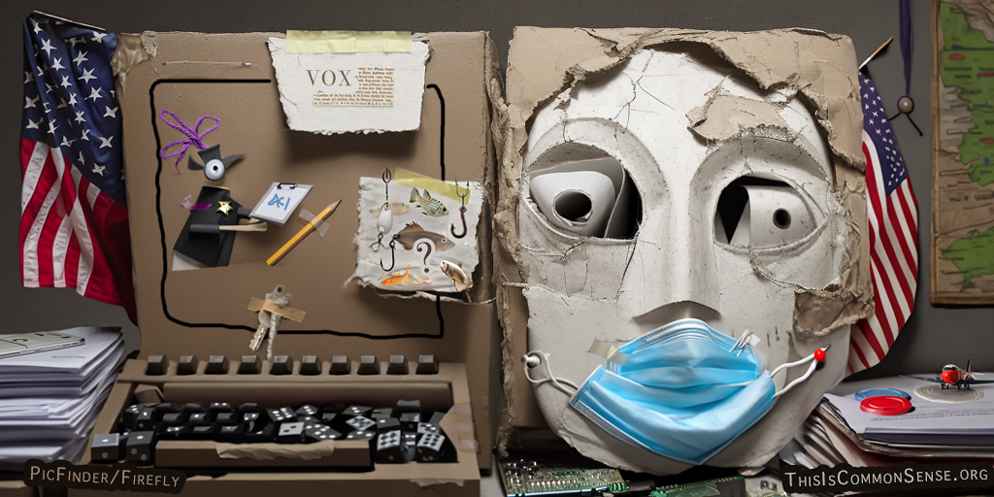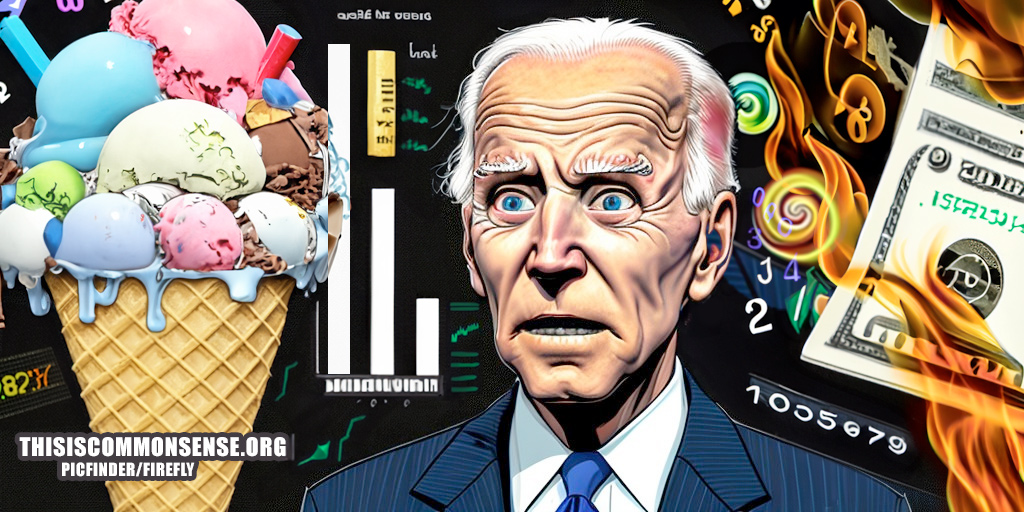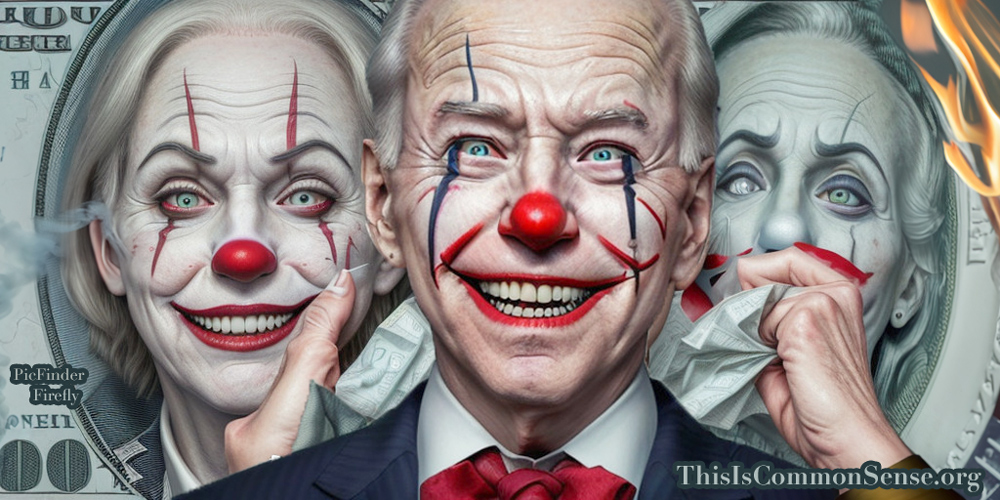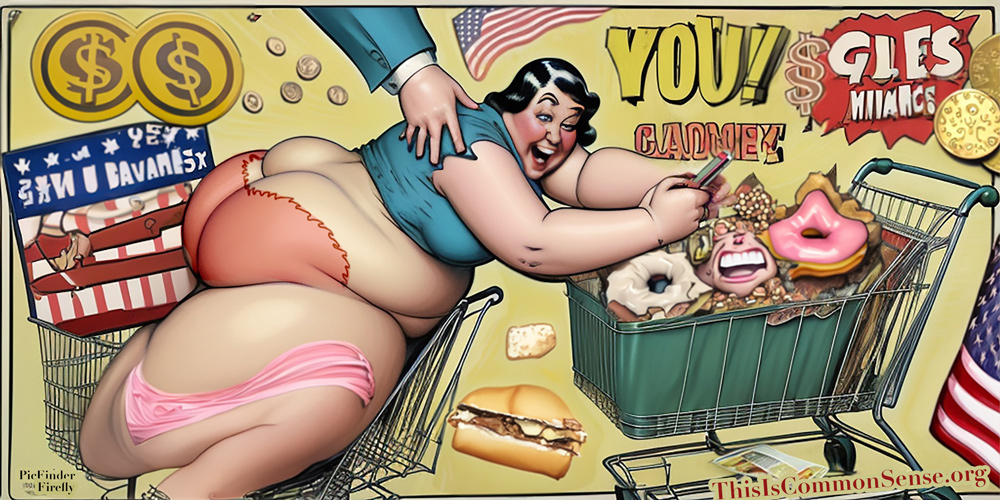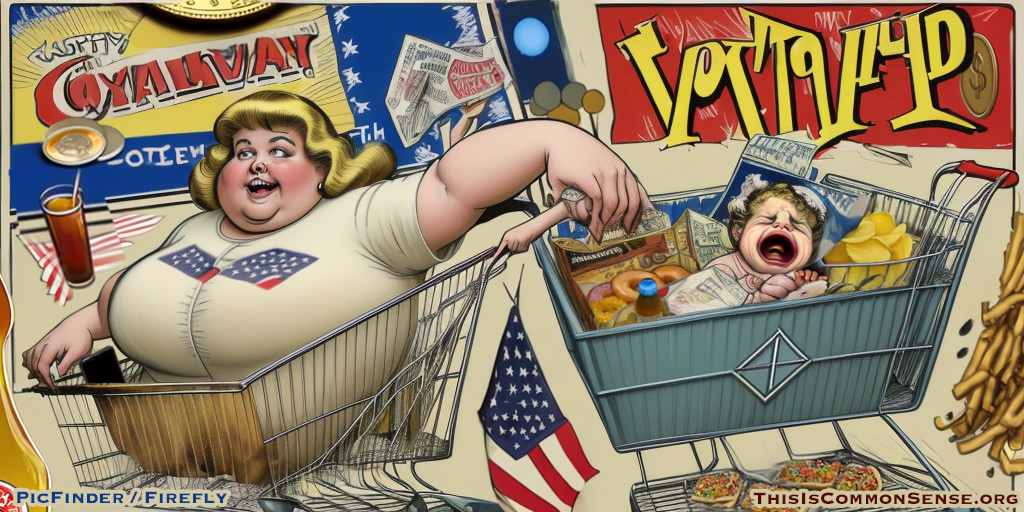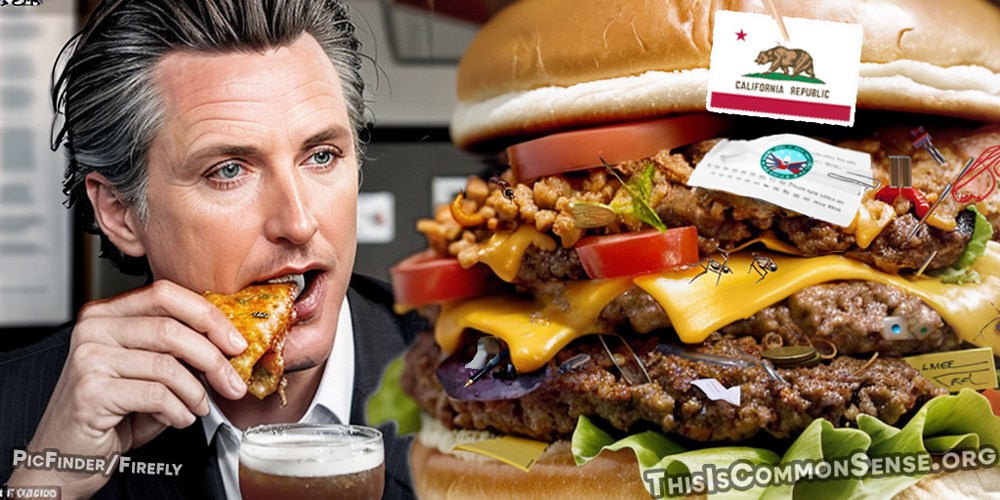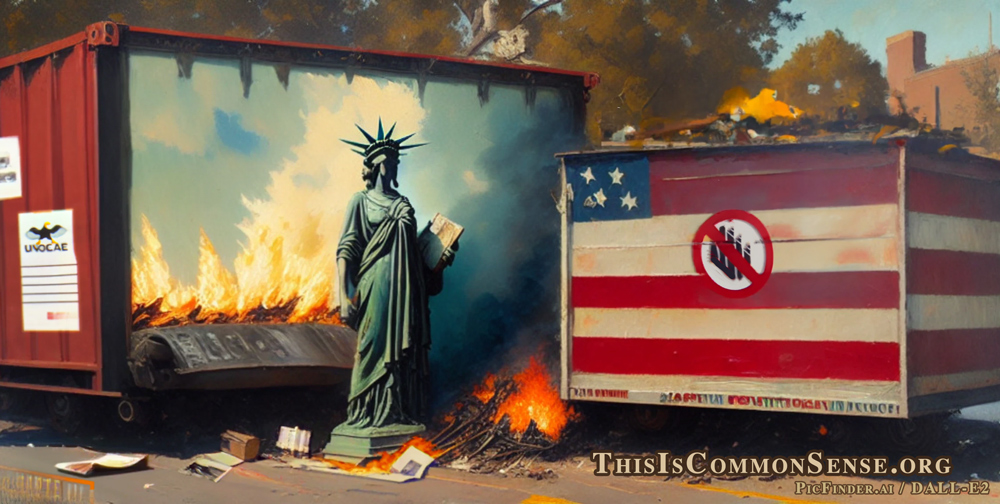Has DEI “killed the CHIPS Act”?
The CHIPS and Science Act of 2022 created a giant package of subsidies that shouldn’t exist to begin with and is made even worse by all the strings attached.
The Act authorizes giving $52 billion of taxpayer money to microchip manufacturers to make chips in the U.S. The boost to domestic production will supposedly help us if China invades Taiwan and disrupts Taiwan’s globe-leading microchip industry.
But chipmakers eligible for the largesse are recoiling from all the embedded DEI mandates. “DEI” means “diversity, equity, and inclusion.” It’s a collectivist mantra and ideology designed to make employers fret about racial and gender quotas and DEI indoctrination at the expense of hiring qualified people and making high-quality microchips.
According to Matt Cole and Chris Nicholson, writing for The Hill, nineteen sections of the Act are devoted to DEI. One gives the Department of Commerce a mission that Commerce describes as “strengthening the U.S. semiconductor ecosystem” by ensuring “significant investments to create opportunities for Americans from historically underserved communities.”
The authors believe that CHIPS is “so loaded with DEI pork that it can’t move.” Worse, it’s making it hard for chipmakers to move, forced to focus away from making microchips and, instead, onto the wasteful exercise of appeasing regulators.
Now that they are finally about to get CHIPS funding, Intel and others are delaying announced factories and foundries on U.S. sites and instead going ahead with more overseas plants.
I guess they want to get stuff done.
This is Common Sense. I’m Paul Jacob.
Illustration created with PicFinder and Firefly
—
See all recent commentary
(simplified and organized)
